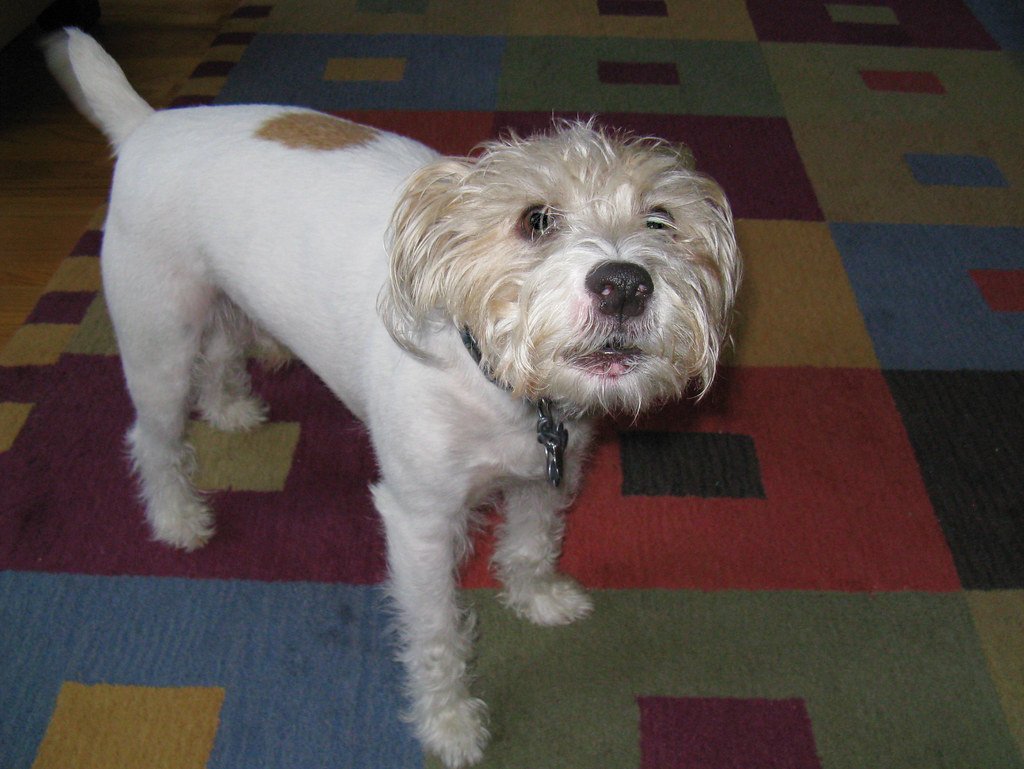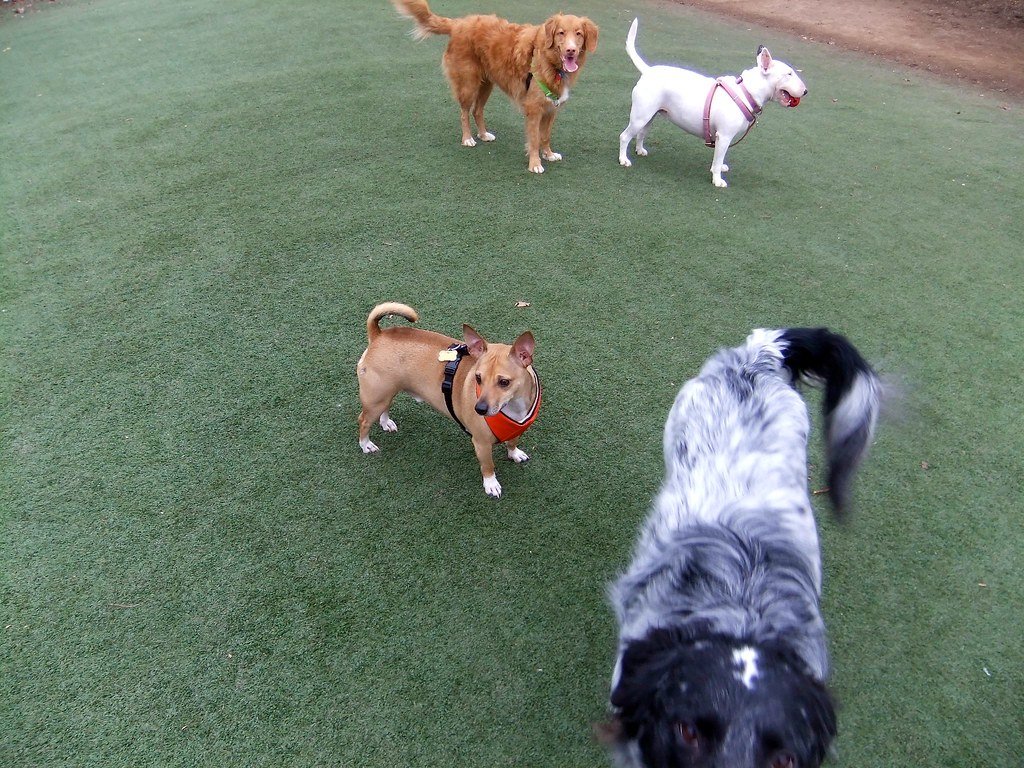Have you ever looked into your dog’s eyes and wondered if they’re truly happy? Most of us want nothing more than to see our dogs wagging their tails and living their best lives. But sometimes, without even realizing it, we do things that slowly chip away at their joy. It sneaks up on us—those little habits and choices that seem harmless at first, but over time, they can quietly break your dog’s spirit. It’s heartbreaking to think about, but knowledge is power. Let’s shine a light on the subtle ways we might be hurting our best friends, and how we can do better.
Ignoring Their Need for Attention
Dogs are social animals, and they thrive on interaction with their human family. When a dog is constantly ignored or left alone for long stretches, it can feel rejected and lonely. Over time, this can lead to withdrawal or depression. Imagine being in a room with someone you love, but they never look at you or acknowledge your presence—it stings, doesn’t it? Even if life gets busy, small gestures like a gentle pat, a quick game of fetch, or just talking to your dog can make all the difference. When dogs feel invisible, their spark slowly fades away.
Relying on Harsh Discipline
Punishing a dog with yelling, hitting, or other harsh methods doesn’t teach them what you want—they just learn to fear you. This fear can eat away at their confidence and trust. Instead of feeling safe, they become anxious about making mistakes. Picture being scolded for every little misstep, never knowing what will set someone off. A dog needs guidance, but it should come from patience and consistency, not anger. Gentle correction and positive reinforcement build trust and help your dog blossom.
Failing to Provide Enough Exercise
Every dog, no matter their size or age, needs physical activity. When a dog’s days are filled with boredom, their mind and body start to wilt. Without walks, playtime, or new experiences, a dog can become restless, destructive, or even depressed. Think about how you’d feel stuck at home with nothing to do day in and day out. Regular exercise isn’t just about burning energy—it’s about keeping your dog’s spirit lively and engaged, giving them a sense of adventure and purpose.
Neglecting Mental Stimulation
Dogs crave challenges and mental enrichment just as much as physical activity. When every day is the same and there’s nothing new to learn or explore, a dog’s mind gets dull. This boredom can lead to anxiety or unwanted behaviors. Imagine reading the same book over and over, with nothing else to do. Puzzle toys, training sessions, and even simple games like hide-and-seek help light up your dog’s mind. Keeping their brain busy is a simple way to let them know life is still exciting.
Inconsistent Rules and Boundaries

Confusion is stressful for dogs. If one day they’re allowed on the couch and the next day they’re scolded for it, they never know what’s expected. This lack of consistency can make a dog anxious and unsure, always second-guessing their actions. It’s like playing a game where the rules change every time. Clear, steady boundaries make dogs feel secure and confident. They learn what’s okay and what isn’t, and that predictability gives them peace of mind.
Withholding Affection
Affection is more than just a nice perk—it’s a deep need for most dogs. When pets are starved of love, cuddles, or kind words, they can start to feel unwanted. Over time, this creates a distance between you and your dog, and their spirit starts to sink. Everyone needs to feel loved, and dogs are no different. A gentle scratch behind the ears or a cozy moment on the couch can mean the world to them.
Forcing Them Into Scary Situations
Dogs have fears and sensitivities, just like people do. Forcing them into situations that terrify them—like loud crowds, unfamiliar dogs, or noisy fireworks—without any support or comfort can shake their confidence. Repeated exposure to fear without help can teach them that the world is a scary place and that you won’t protect them. It’s like being thrown into a haunted house with no way out. Instead, gently help your dog face their fears, always at their pace and with lots of reassurance.
Not Respecting Their Need for Rest
Dogs need their own space and time to rest, just as much as humans do. Constantly disturbing them while they sleep or never letting them have peace can leave them feeling constantly stressed. Imagine never getting a quiet moment to yourself. Over time, lack of rest can make a dog irritable and anxious. Providing a safe, cozy spot where they know they can relax undisturbed tells them their comfort matters to you.
Dismissing Their Health Issues
Sometimes, dogs show subtle signs that something is wrong—maybe they’re limping, or not eating as much, or just seem “off.” Brushing these signs aside can let small problems turn into big ones, causing unnecessary pain or discomfort. Chronic pain or illness that goes untreated can slowly drain a dog’s energy and happiness. Being attentive and proactive about vet care tells your dog you care about their well-being, not just their company.
Constantly Changing Their Environment
While some dogs are adaptable, many find constant change stressful. Moving homes, changing routines, or frequently introducing new people and pets can leave a dog feeling unsettled. Stability is like a soft blanket for their soul—it helps them relax and trust their surroundings. If life does throw changes your way, try to keep some routines the same—a favorite toy, the same bedtime, or daily walks at the usual time can anchor your dog through the chaos.
Failing to Recognize Their Individual Personality

Every dog is unique, with their own quirks and preferences. Trying to force a shy dog to be social, or expecting a mellow pup to act like a high-energy athlete, can make them feel misunderstood and unappreciated. It’s like being told to act like someone you’re not, day after day. Celebrate your dog’s individuality—let the introvert observe from the sidelines, or let the wild child run free in the backyard. When your dog feels accepted for who they are, their spirit shines brightest.
Using the Crate as Punishment
A crate should be a safe, cozy den—not a prison. When a dog is sent to their crate only when they’re in trouble, it becomes a place of fear and isolation. Over time, this can make them dread their crate and feel like they have nowhere safe to retreat. Instead, use the crate as a happy, restful place, filled with treats and toys. Let them see it as their own little sanctuary, not a place to be banished.
Not Listening to What They’re Trying to Say
Dogs are always communicating, even if they can’t use words. Ignoring their body language—like turning away when uncomfortable, or growling when scared—teaches them that their feelings don’t matter. Over time, this can make them shut down or even become aggressive out of frustration. Listening to your dog means watching for those signals and responding with empathy. It’s the difference between feeling heard and feeling invisible.
Lack of Socialization With Other Dogs or People

Socialization is key to a dog’s happiness. If dogs are kept isolated from other animals or people, they can develop anxiety, fear, or even aggression. Over time, this can make new experiences overwhelming instead of exciting. Socializing doesn’t have to mean dog parks; it can be as simple as a walk around the neighborhood or meeting a friendly neighbor. These little moments help build your dog’s confidence and remind them the world isn’t so scary after all.
A dog’s vibrant spirit can slowly diminish through various factors, often unnoticed by their human companions. Chronic stress from loud environments, inconsistent routines, or a lack of mental and physical stimulation can erode their well-being, leading to anxiety and boredom. Neglect, whether intentional or not, manifests as insufficient attention, exercise, or even basic veterinary care, leaving them feeling abandoned and unloved. Harsh or inconsistent punishment, instead of positive reinforcement, can instill fear and distrust, making them withdraw or become anxious. Furthermore, prolonged periods of isolation, without adequate social interaction, can lead to profound loneliness and a sense of hopelessness. Ultimately, a dog’s spirit thrives on connection, predictability, and fulfilling their innate needs, and the absence of these can lead to a quiet despair.





